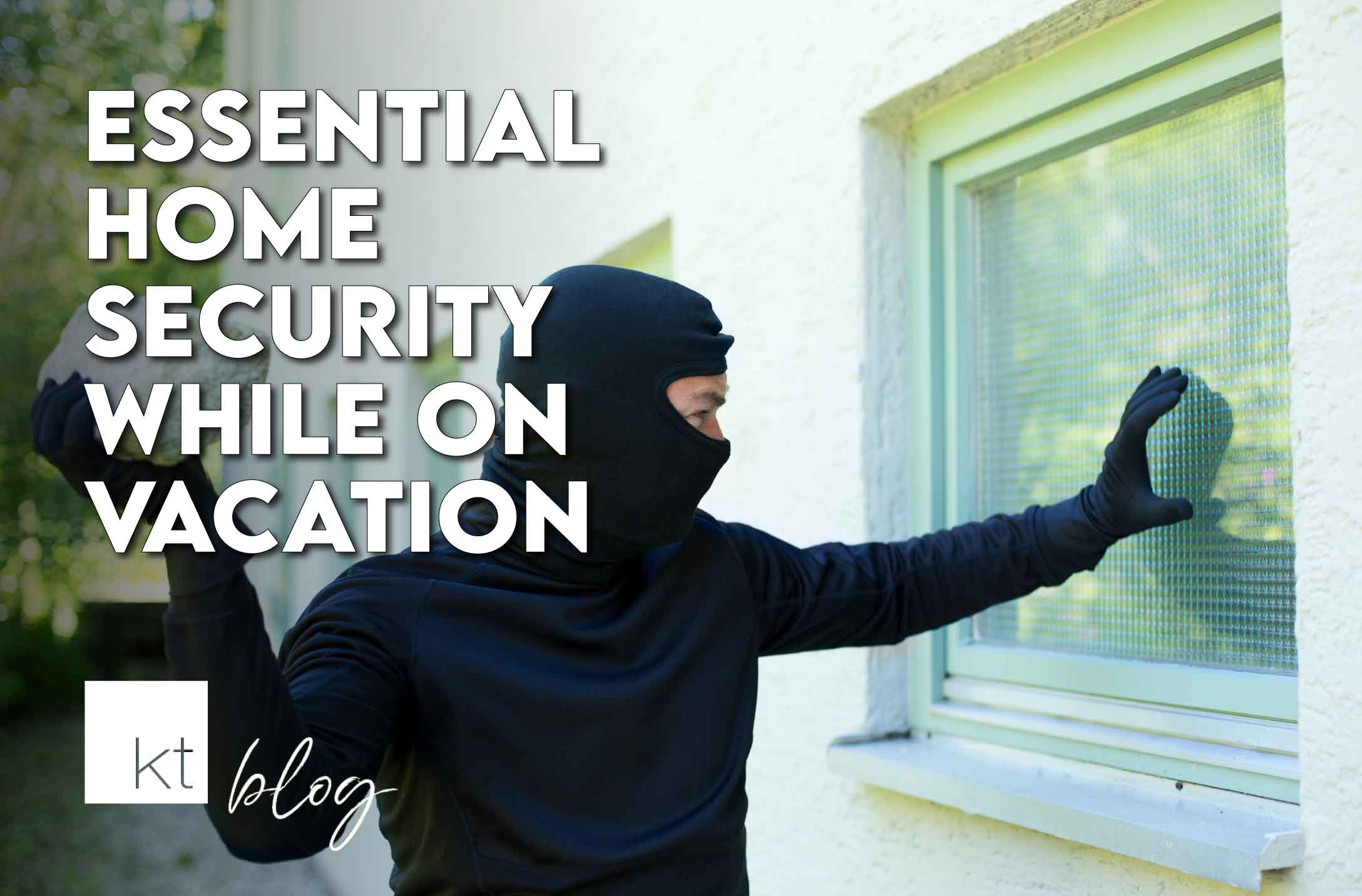How to Avoid Buying a Haunted House
by Jane Pinzhoffer
Every town has a spooky old house with a scary history. It’s usually a run-down place where kids dare each other to enter on Hallowe’en. But not every home with a less-than-savoury history looks like the house where Norman Bates lived.
A home with a dubious past might look like the perfect house, with every upgrade and feature you want, and be in a desirable neighbourhood. Looks can be deceiving, and the reality could be very different.
After searching for his buyers on a property they were interested in, Ariel did some digging and discovered the home had been the site of a murder and a suicide; needless to say, his clients decided to keep house hunting.
Even if it appears to be the house of your dreams, before you sign, do your due diligence and look up the history of the house and the homeowners. You may be surprised at what you find out using Google and Facebook.
Stigmatized Properties due to Hauntings, Murders and Suicides
Ontario law states that when it comes to buying a property, the owner must divulge if a house is considered stigmatized due to being the site of a murder, suicide, or even any alleged ghostly hauntings or other paranormal activity.
Despite there being no scientific or physical proof of the existence of ghosts, the fact that it could affect the property’s value deems it stigmatized. The same is true if there was a murder or suicide at the property.
While RECO (the Real Estate Council of Ontario) and OREA (the Ontario Real Estate Association) state that realtors have an ethical obligation to disclose stigmatizing matters to potential buyers, it doesn’t mean that all realtors would do so or that a particular occurrence would be considered a stigma by multiple parties. It’s a good idea to take matters into your own hands. You might be very surprised at what you discover, and it’s not something you want to discover after you’ve bought the house.
Search Property Addresses and Locations on Google
Social media is excellent for finding information about homeowners for all sorts of reasons. For example, they may have made a recent post about a house they’ve bought and their closing date. This kind of intel can potentially give you some ammunition when it comes to negotiating.
Searching by the address could reveal that it was the site of a flood or fire, or maybe the house is in an area that might affect the valuation when it comes time to resell.
In Ontario, all private property ownership records are registered with the government and can be searched using the OnLand site.
Call KT Realty at 1 (800) 617-0090 or DM us on Insta @kormendytrott





